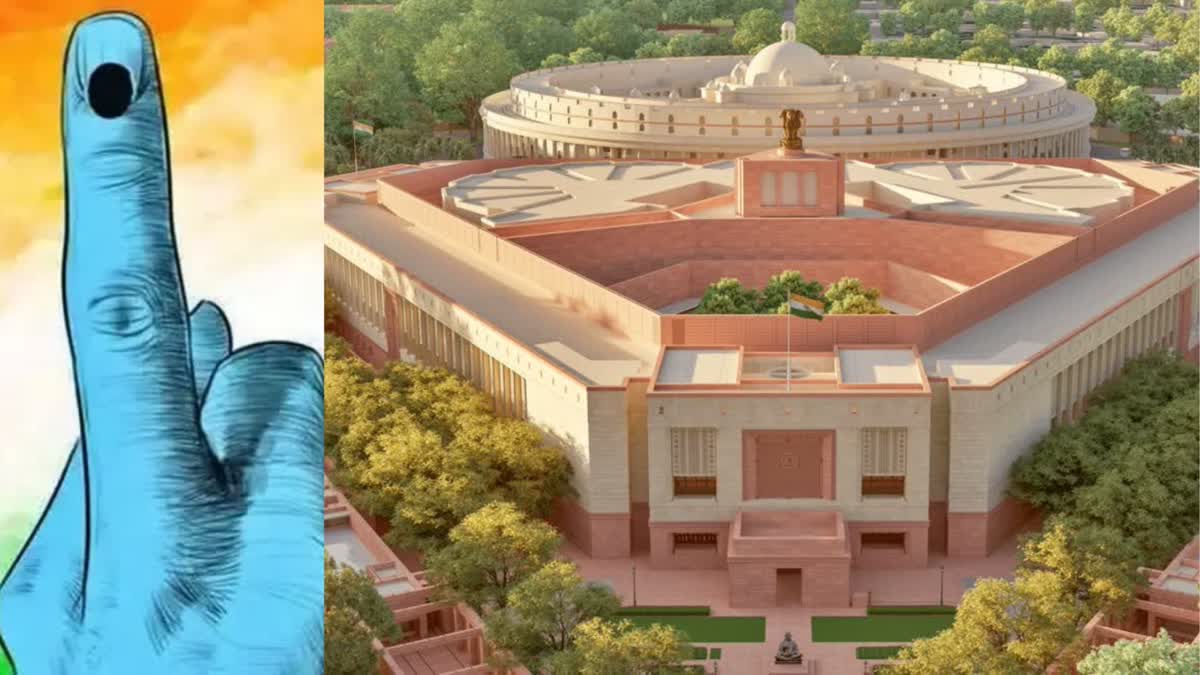Hyderabad : The recent elections have proven beyond doubt that electoral democracy is vibrant in India. The elections have provided a mandate to NDA while the opposition also emerged stronger than before. This is definitely healthy for Indian democracy. What is interesting however to see with the new Central government is that it seems only to have strengthened its resolve for better governance.
This calls for a consideration of the discussion on democracy and governance. I would like to argue that while effective democracy is itself a sign of good governance, the workings of democracy and governance can be at odds. This is because democratic processes involve institutional processes which are time consuming. Second, democracies always make for messy politics.
These two factors make ‘governance’ in its neo-liberal sense of the word, difficult. Governance, particularly for carrying out neo-liberal reforms in administration and economy, faces stiff opposition in a buoyant democracy. The opposition to neo-liberal governance reforms comes not only from the opposition parties, but not only, from various stake holders including various layers of bureaucracy.
In the experience of the developing countries for carrying out neo-liberal reforms, the governments have failed as much in the pursuit of governance, as they did owing to lack of governance. Development literature often reminds us that carrying out effective governance and governance reforms is not a uni-linear process. Often the process is known to be iterative.
Democracy involves discussion, negotiation, persuasion. Liberal democracy is known as ‘government by discussion’. If the new NDA government and its partners want to carry out governance, they need to heed to this. This is particularly so in the case of coalition governments wherein the demands of parties and interests internal to coalition are need be given as much significance as the criticisms of the opposition parties.
One hypothetically say that the stronger the democracy the messier is the governance process. In that case the governments, both at the Central and State level, cannot carry out neo-liberal governance reforms in an unbridled manner.
This brings us to the role of the political institutions. The new governments at state and central level cannot take institutions such as parliament and legislative assemblies for granted, nor muffle oppositions within them. The parliament should provide a model of ‘government by discussion’ for state legislative assemblies. The untrammeled suspensions of the Members of Parliament of the opposition should not take place. What the new governments require is the constant consciousness of the fact that people have voted them by democratic process and the same process/es should be respected within and outside the parliament/ assembly.
Last, but very significantly the silencing of the voices of opposition by means of the coercive agencies of the state should be reconsidered as a process of effective governance. The use of these agencies in a very unlimited manner has made the opposition emerge stronger in the recent election. What is then required is a careful and calibrated approach to governance with constant awareness that in a democracy like that of India, single minded pursuit of governance reforms can lead only change of governments, rather than intended results.
Thus there is a great need to consider the relationship between democracy and governance. Democracy and democratic politics are much more profound once they have taken their roots deep in the polity. The stronger the democratic politics of a country, the messier will be its efforts in carrying out governance reforms, particularly, neo-liberal governance reforms.
(Disclaimer: The opinions expressed in this article are that of the writer. The facts and opinions expressed here do not reflect the views of ETV Bharat.)
Read More



